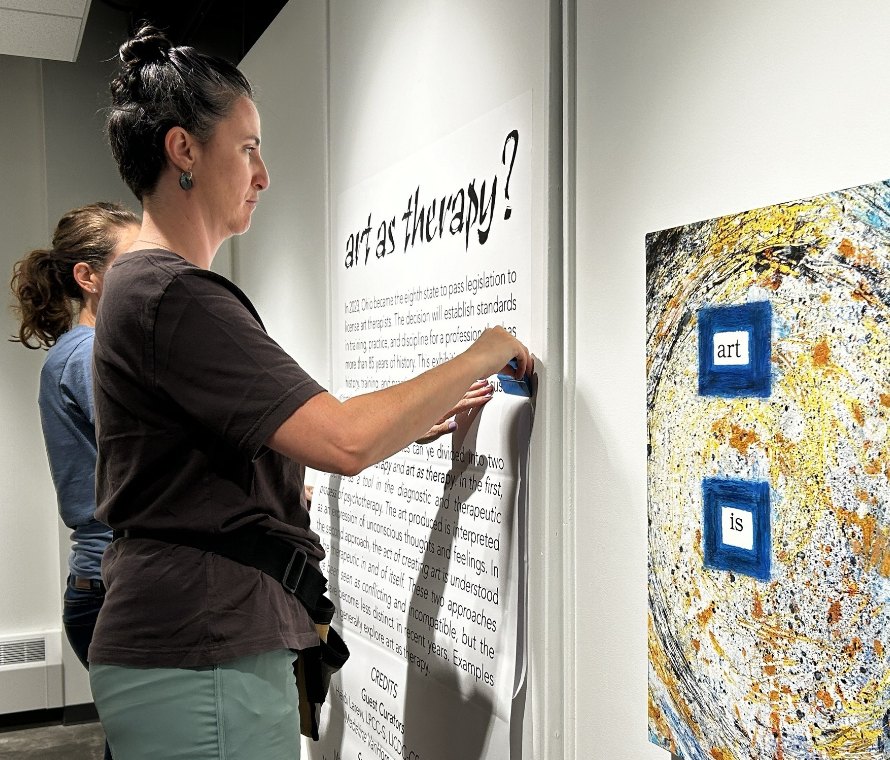Procrastination: a constant worry for students as midterms approach
February 15, 2012
Midterm exams are quickly approaching, and students may be wondering how they got here so fast. For those who procrastinated and didn’t keep up with their school work, this can be a very stressful time.
Many college students are familiar with the effects of procrastination. It can lead to late work, bad grades and terrible excuses as to why their work is not turned in.
While many may think that procrastination is just a way to avoid homework, it is actually a lot deeper.
Dr. Piers Steel, a blogger for Psychology Today, said that not expecting to succeed or not valuing the task intensifies our delays in productivity. According to Steel, these are not the cores of procrastination. The core is instead impulsivene
“We don’t want to wait for rewards,” he said. “If you had a choice between $1,000 now and $1,000 next year, you would want it now.” Steel said that we tend to lean more toward the immediate rewards of a situation.
Steel said that people are like this because of our neurobiology, specifically two parts of the brain called the prefrontal cortex and the limbic system.
The prefrontal cortex is responsible for long-range thinking, while the limbic system searches for more immediate rewards.
Steel said the limbic system “overrides the prefrontal cortex,” which can delay people, including college students who have a pile of homework.
Deidre Bullock, a professor at The University of Akron, tells her students at the beginning of each semester about the perils of procrastinating. Bullock is a discussion professor for the humanities classes and leads students through a discussion of the readings they have. There are more than 500 pages of reading to do each semester.
Bullock stresses the importance of keeping up with readings in her class since there is such a large amount of material to cover in a short amount of time. She said that she notices students regretting their decision to slack in the class work around the time of the first test.
James Durbin, who teaches in the communications department at the University of Akron, said he usually starts to see people regret their habits around the second test, halfway through the semester. He said he starts to show people their grades after the second or third test.
“And at that point, they really start regretting,” he said.
Bullock said that as an educator, it is not only her job to teach the students the course material, but to teach them to be better people. This includes being honest about why their homework is not in on time or why they weren’t prepared for a test.
Durbin said he tries to put the trust in the students until a certain point.
“I try to until it’s where…the person’s died three times in one semester,” he said.
Miss Marm is a writer for Sparklife on sparknotes.com, a website that provides students with information about books and blogs about the Internet, books, fashion and more. In a post, she lists some tips on how to stop procrastinating.
One way she suggests to prevent procrastinating is turning off the computer.
“Yes, you need your computer to do research and use Microsoft Word. And yes, you no longer remember what handwriting is,” she said. “But even if you factor in the time it takes to relearn how to use a pen (hint: take off the cap first), you’re still saving hours you’d otherwise waste de-tagging photos and iChatting with Kylie.”
Other ways include banning yourself from Facebook, making a to-do list and rewarding yourself for getting work done.












